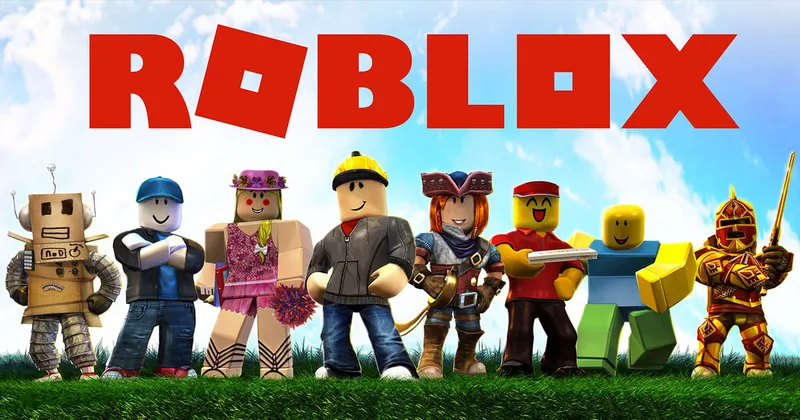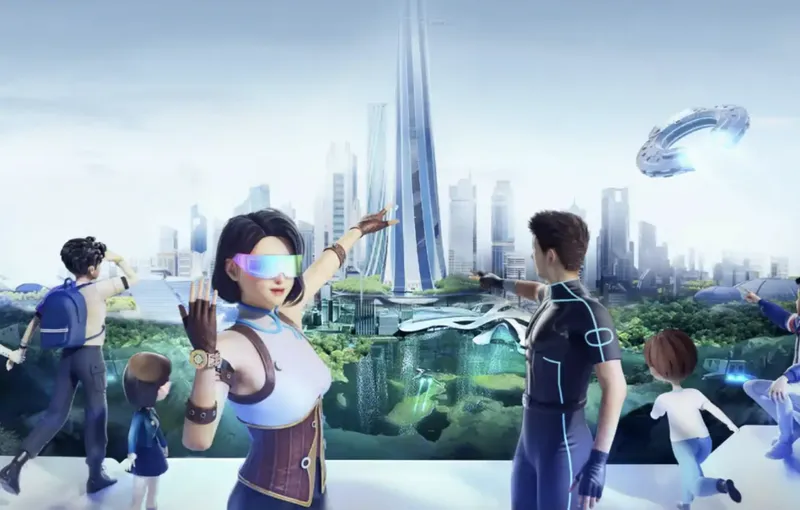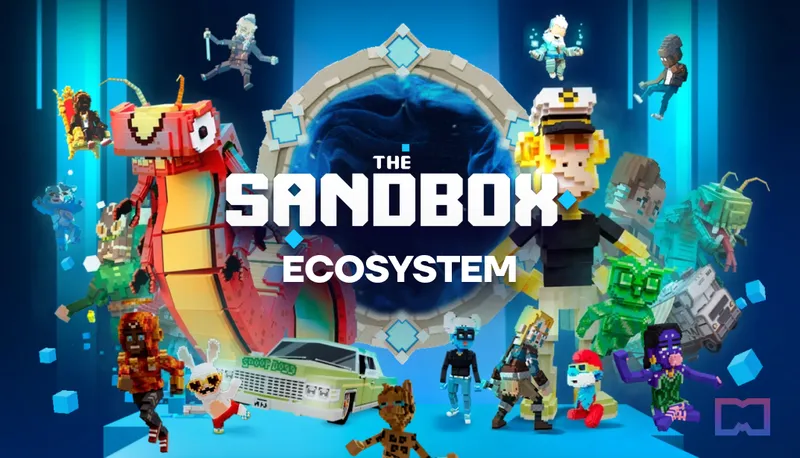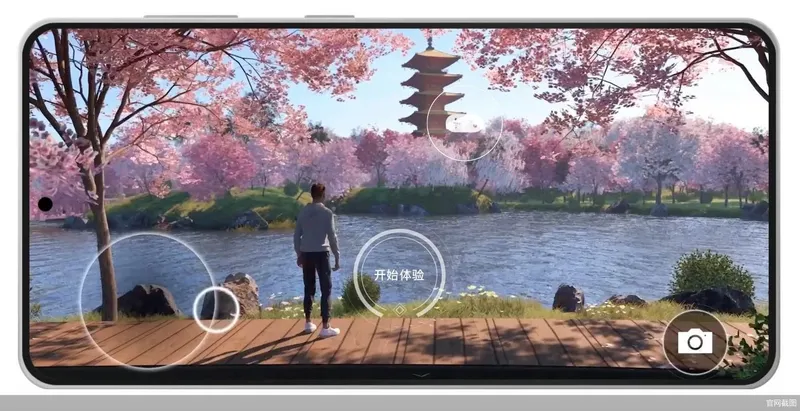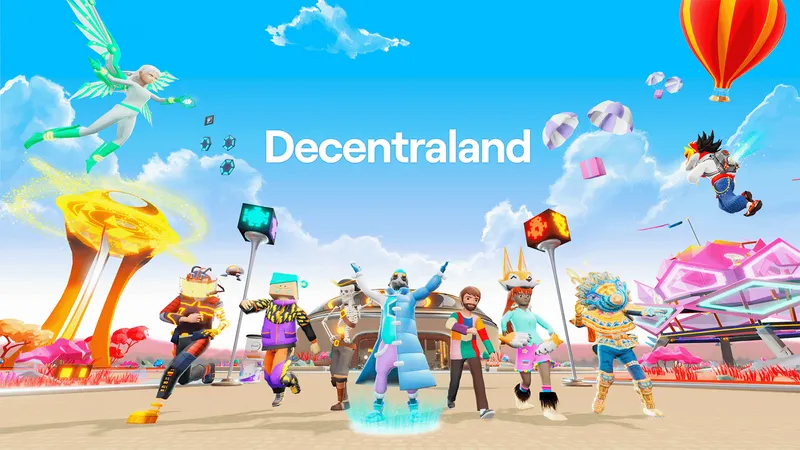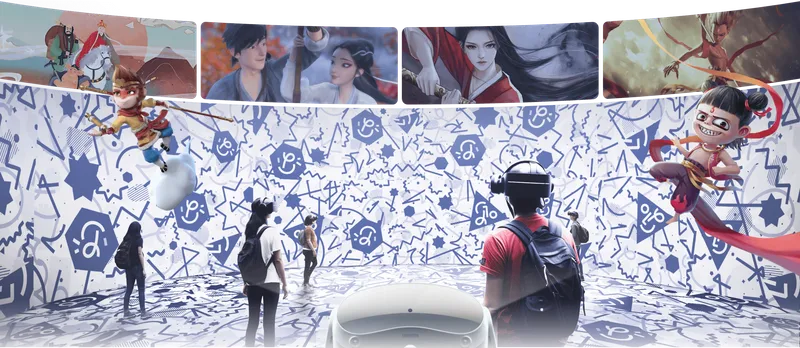Metaverse Research Institute: VR, AR, Blockchain & AI News
Metaverse Technology Trend Analysis
Data Source: Metaverse Industry Research Institute, May 2024
Popular Metaverse Projects
Hot Topics
View AllLatest News
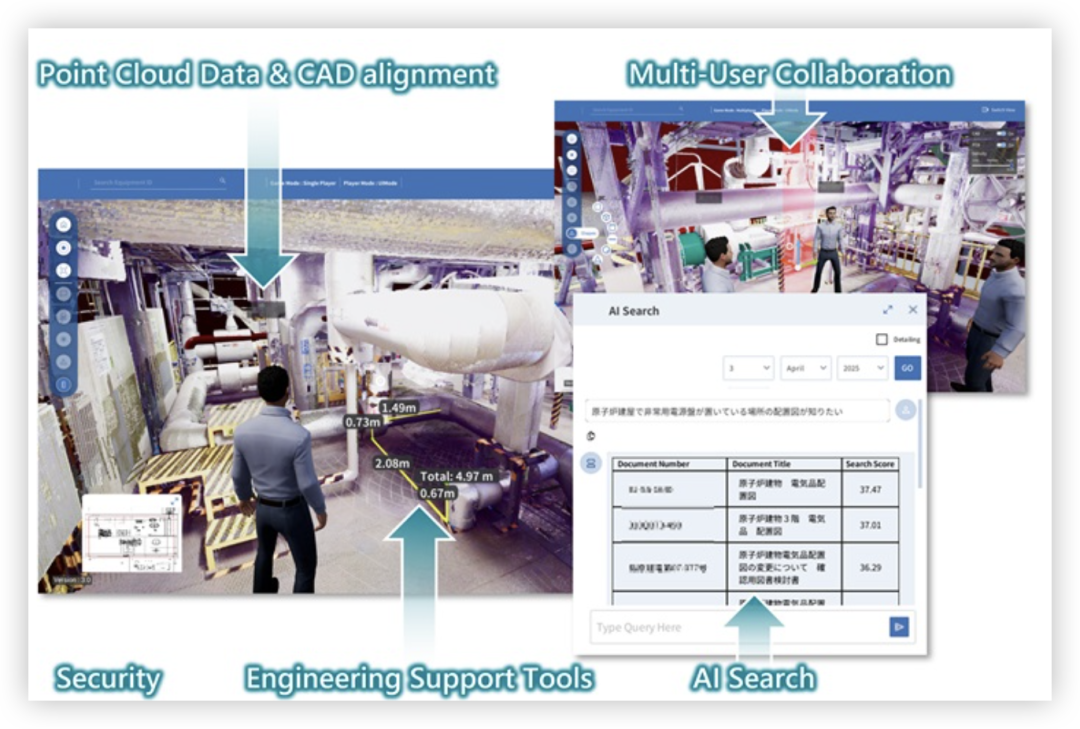
Hitachi Launches Nuclear Metaverse: Bringing Power Plants into the Virtual World
Hitachi unveils a groundbreaking nuclear power plant metaverse platform, ushering nuclear operations into a new digital era to boost safety, efficiency, and address talent challenges.
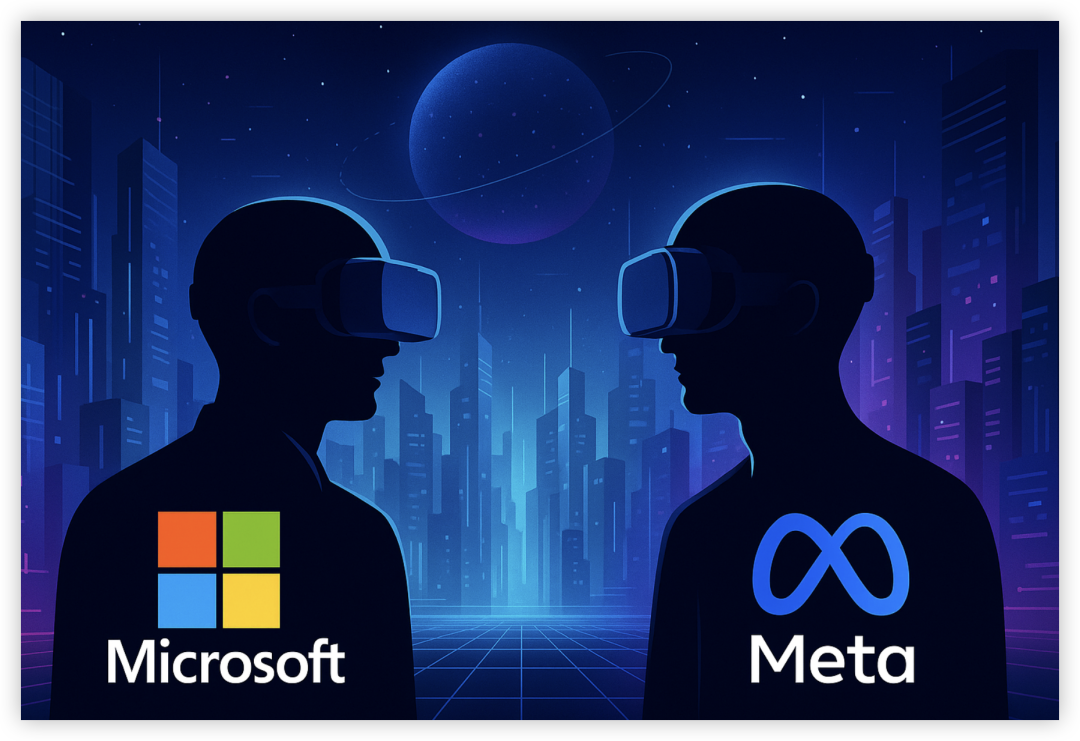
Microsoft vs. Meta: Who Will Define the Metaverse's Digital Future?
The metaverse is heating up as tech giants Microsoft and Meta unveil radically different visions for our digital future. This article analyzes their strategies, explores how they aim to shape our work, life, and social interactions, and looks ahead at how this tech race could redefine the digital world.
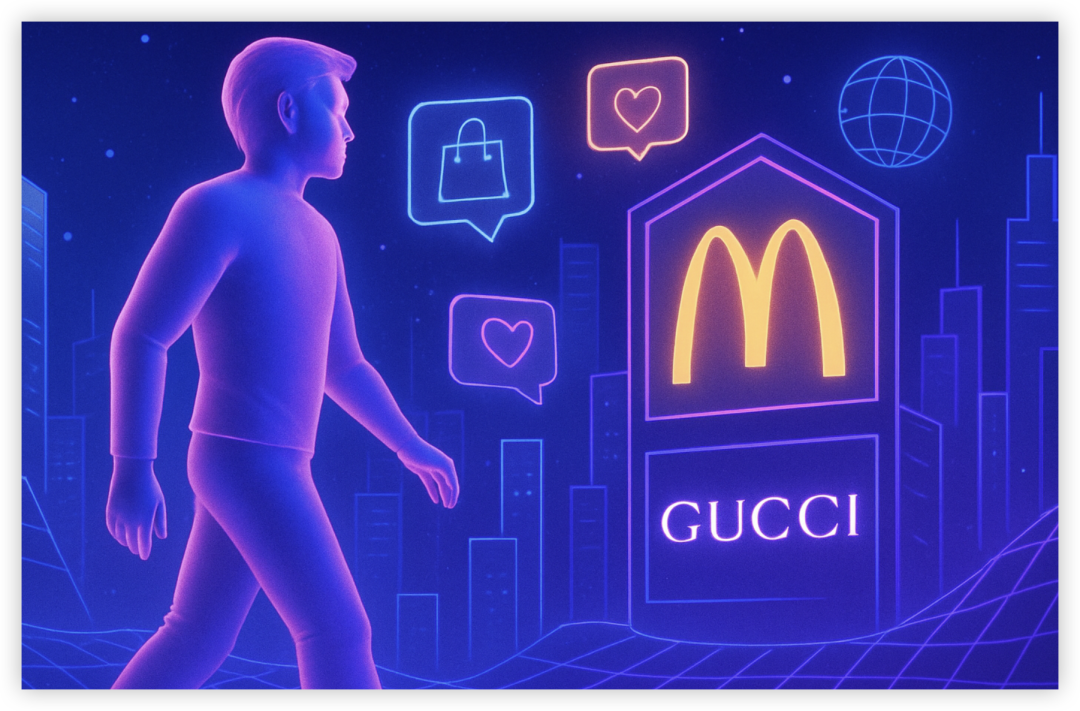
Digital Avatars in the Metaverse: How Virtual Selves Forge Powerful Brand Connections
New trends in metaverse marketing: How digital avatars become the secret weapon for deep brand-consumer connections.
Industry Standards
Explore international standards and organizations in metaverse, VR, AR, XR and related fields to promote openness, interoperability and innovation.

Metaverse Standards Forum
Global metaverse interoperability standards coordination platform, promoting an open metaverse ecosystem.

The AR Alliance
Augmented Reality industry alliance, focusing on AR ecosystem standards and collaboration.

Khronos OpenXR
Open standard for XR devices and platforms, enabling cross-platform XR experiences.

Haptics Industry Forum
Haptics and XR standardization organization, advancing immersive interaction.

Khronos OpenVX
Vision acceleration API standard, enhancing XR vision processing performance.

Khronos 3D Commerce
3D commerce and asset interoperability standard, enabling virtual goods circulation.

W3C Immersive Web
WebXR and immersive web standards, driving native XR experiences in browsers.
Complete Guide to the Metaverse
What is Metaverse
The Metaverse is an immersive digital world built with Virtual Reality (VR), Augmented Reality (AR), and Mixed Reality (MR) technologies. It integrates cutting-edge technologies like blockchain, artificial intelligence, and cloud computing to provide users with a virtual space experience that seamlessly blends with the real world.
Core Features
- • Immersive Experience: Achieve presence through VR/AR devices
- • Digital Identity: Users have unique virtual avatars and identities
- • Real-time Interaction: Support multi-user online interaction
- • Economic System: Blockchain-based digital asset transactions
Metaverse Technical Architecture
Virtual Reality
VR headsets, haptic feedback, and spatial audio for immersive experiences
Blockchain Technology
NFTs, smart contracts, and decentralized identity for digital asset security
Artificial Intelligence
AI-driven virtual assistants, content generation, and smart recommendations
Industry Applications
Gaming & Entertainment
Virtual game worlds, digital art, immersive entertainment
Education & Training
Virtual classrooms, skill training, remote education
Business & Office
Virtual meetings, remote collaboration, digital workspace
Social Networks
Virtual socializing, digital identity, online gatherings
Healthcare
Virtual therapy, rehabilitation, medical education
Real Estate
Virtual property tours, digital showrooms, property marketing
Tourism & Culture
Virtual tourism, cultural heritage, digital museums
Industrial Manufacturing
Digital twins, virtual factories, smart manufacturing
Development Trends
Technology Integration
Deep integration of VR/AR, AI, blockchain, and 5G/6G driving metaverse experience upgrades
Ecosystem Maturity
Hardware, content creation, platform services, and standards gradually maturing
Expanding Applications
Expansion from gaming to education, healthcare, industry, and governance
Standardization
Organizations and alliances promoting metaverse technical standards and interoperability
What is Metaverse?
The Metaverse is an immersive digital world that integrates cutting-edge technologies including Virtual Reality (VR), Augmented Reality (AR), blockchain, and Artificial Intelligence (AI). In the Metaverse, users can socialize, entertain, learn, work, and create through digital identities, experiencing a virtual space highly integrated with the real world. The Metaverse is not only a new frontier of technological development but also an important carrier of digital economy, culture, and society.
Metaverse Application Scenarios
- Virtual Social & Digital Identity: Building immersive social spaces supporting virtual avatar interactions.
- Digital Assets & NFTs: Enabling digital asset ownership and transactions through blockchain technology.
- Virtual Office & Remote Collaboration: Breaking physical space limitations to enhance collaboration efficiency.
- Immersive Education & Training: Achieving interactive learning experiences through VR/AR technology.
- Digital Entertainment & Gaming: Creating new entertainment, gaming, and digital art experiences.
- Virtual Exhibition & Digital Marketing: Innovating brand showcase and user interaction methods.
Frequently Asked Questions (FAQ) about Metaverse
- What's the difference between Metaverse and Virtual Reality?
- While Virtual Reality (VR) is an important component of the Metaverse, the Metaverse encompasses much more, including blockchain, AI, digital assets, and various other technologies and application scenarios.
- Are digital assets in the Metaverse secure?
- Digital assets in the Metaverse typically leverage blockchain technology, providing high security and traceability. However, users should still be mindful of platform security and personal information protection.
- How can regular users participate in the Metaverse?
- Users can enter the Metaverse through various means, such as registering on Metaverse platforms, creating digital identities, participating in virtual events, and purchasing digital assets.
- What are the future trends of the Metaverse?
- The Metaverse is in a rapid development phase and will deeply integrate with the real economy, social governance, and cultural entertainment, driving the emergence of new digital economy models.
Keywords: Metaverse, Virtual Reality, Blockchain, Digital Assets, NFT, Digital Identity, Virtual Social, Immersive Experience

